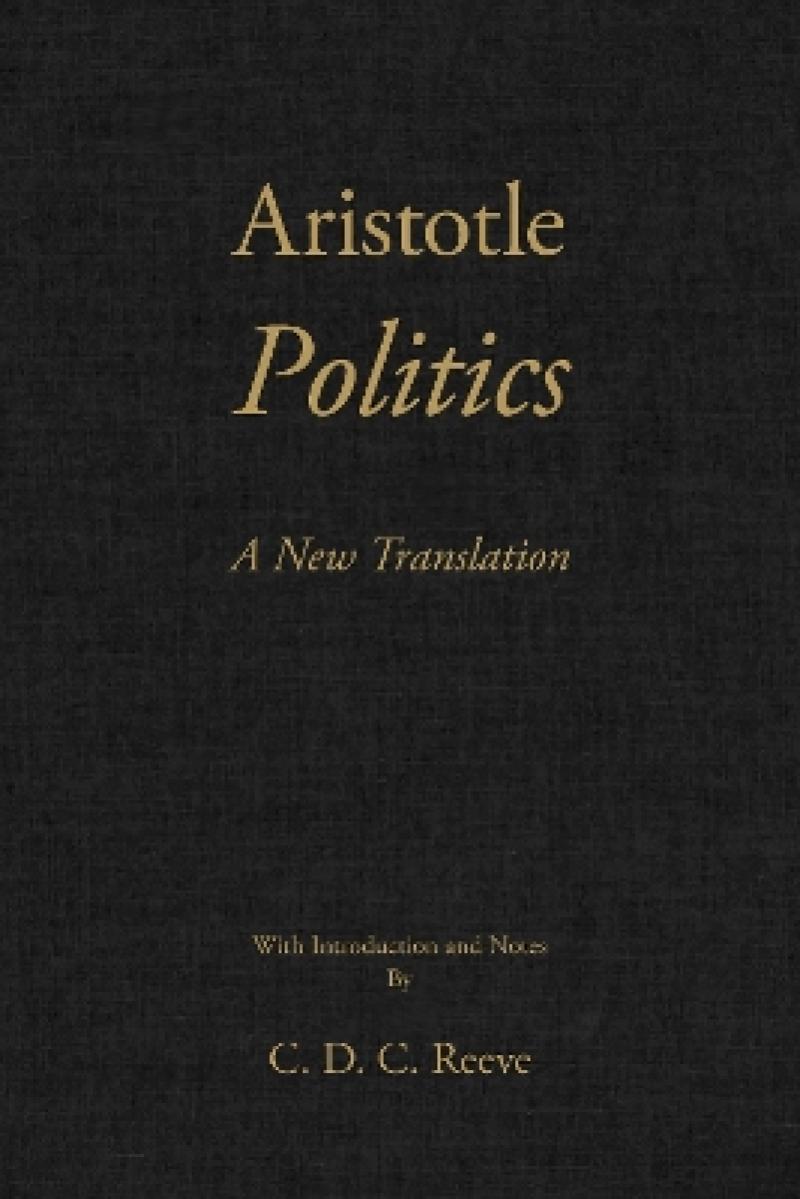"David Reeve's new translation of the <i>Politics</i> is certain to become the primary and indispensable tool for anyone undertaking a careful study of Aristotle's great work. Newcomers to this treatise as well as advanced scholars will learn enormously from the Introduction, extensive notes, and detailed index."<br /> —Richard Kraut, <i>Northwestern University</i>
"C. D. C. Reeve's study of Aristotle's <i>Politics</i> (translation with introduction, hundreds of notes, and a detailed index of terms) does justice to Aristotle's practical philosophy as a whole in an exceptional way. . . . [Far] from being a simple revision of his previous work (Hackett, 1998) [it] provides us with a totally fresh English text in harmony with his recent translation of the <i>Nicomachean Ethics</i> (Hackett, 2014). . . . Among the merits of the edition is Reeve's philosophically illuminating Introduction [which] attempts to situate politics within the framework of Aristotelian sciences. . . . It is a great merit of Reeve's Translation and Commentary that his own views are confined to his Introduction. In his sequentially numbered endnotes we most often hear Aristotle's own voice and not a commentary that might have promoted partial interpretations. Apart from the quotation of a wide range of passages from the Aristotelian corpus, the reader will also find clarifications providing her with the assistance necessary to find her own way in the text. . . . In general, comparing the new translation to the Greek text one can hardly fail to recognize that it attains an admirable balance between fidelity and smoothness: though following the syntax of the Greek text, it remains fluent and readable. . . . In a nutshell, Reeve's new translation and commentary is a masterful work. Both students who wish to study the Politics and advanced scholars will greatly profit from it."<br /> —Vasia Vergouli, University of Patras, in <i>Bryn Mawr Classical Review</i>
Sequentially numbered endnotes provide the information most needed at each juncture, while a detailed Index of Terms indicates places where focused discussion of key notions occurs. A general Introduction prepares the reader for the work that lies ahead, explaining what sort of work it is and what sort of evidence it relies on.
